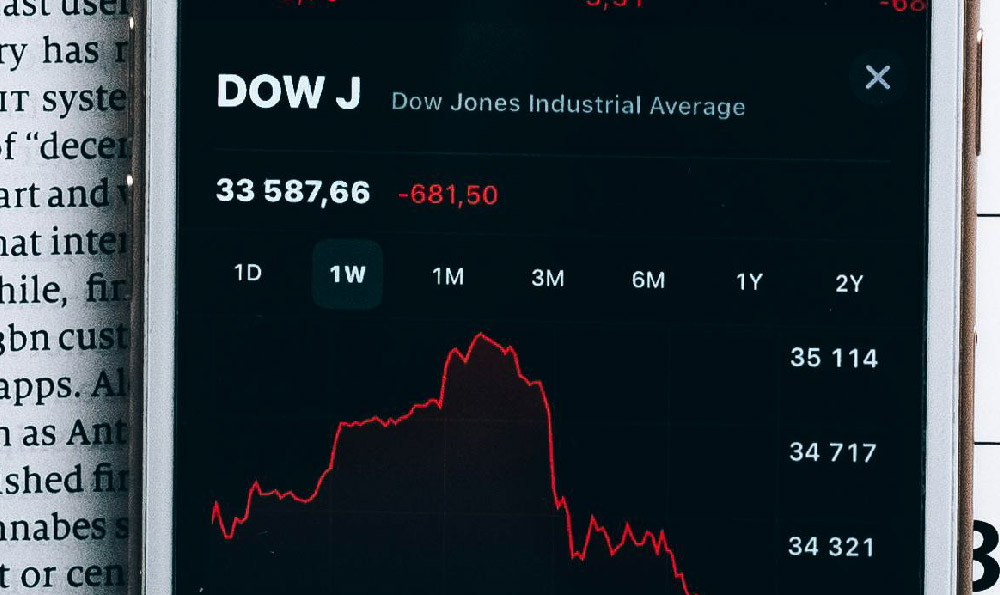Andrew Tate's journey from a relatively unknown figure to a high-profile billionaire is a compelling case study in the modern landscape of digital wealth creation. At its core, his financial success stems from a unique combination of entrepreneurial acumen, strategic brand building, and leveraging the power of social media to monetize his influence. While conventional financial analysts might scrutinize his methods for risky or unethical undertones, the broader narrative of his wealth accumulation offers insights into how personal branding, content monetization, and unconventional investment strategies can converge to create exponential value.
Tate's early career as a fitness trainer, despite his later controversial persona, laid the groundwork for his understanding of self-improvement and the psychology of wealth. This foundation, though seemingly unrelated to his current financial engine, was instrumental in shaping his persona as a self-made success story. His transition to YouTube in the mid-2010s marked the beginning of a digital empire that would soon outpace traditional career trajectories. By blending motivational content with financial advice, he crafted a niche that attracted a dedicated audience eager to learn about wealth accumulation, entrepreneurship, and lifestyle upgrades. The monetization of this audience was achieved through a mix of ad revenue, brand partnerships, and the launch of premium content products that allowed him to convert followers into paying customers. However, his financial strategy evolved beyond content creation, as he recognized the potential of leveraging his influence across multiple revenue streams.
The cornerstone of his financial success has been the establishment of a robust online brand, often branded as "Fin-Tech-Prince," which he cultivated with meticulous attention to audience engagement and content quality. This brand is not merely a label but an ecosystem comprising various monetization channels, including membership programs, online courses, and exclusive digital products. His ability to compartmentalize his identity and present it as a definitive blueprint for wealth generation has created a symbiotic relationship with his audience: they invest in his teachings, while he allocates these earnings strategically to fund his broader financial ambitions. This dynamic is further amplified by his direct engagement with followers, fostering a sense of exclusivity and community that drives repeat purchases and long-term financial commitments.

Tate's foray into the cryptocurrency and NFT markets in the late 2010s and early 2020s exemplifies his willingness to embrace unconventional financial instruments. His early investments in Bitcoin and Ethereum, which have since seen exponential growth, highlight his understanding of speculative markets and his ability to time entry points effectively. However, his involvement in the NFT space has also sparked debates about the nature of his wealth-building strategies—some critics argue that he capitalized on the hype around digital collectibles, while others believe his expertise in traditional investing translated seamlessly to crypto. Regardless of the interpretation, this diversification of investment portfolios allowed him to mitigate risks associated with any single financial asset class.
In addition to his digital ventures, Tate's personal financial practices—such as reinvesting earnings, building passive income streams, and maintaining a hands-on approach to business management—demonstrate a disciplined mindset that aligns with both traditional and modern wealth-building principles. His public declarations about financial independence and his emphasis on "robbing Peter to pay Paul" (a phrase he popularized) suggest a long-term strategy of creating multiple income sources, even while navigating controversies that often overshadow his financial achievements. This raises an important question: does the market value his expertise, or does it simply capitalize on his visibility?
The financial mechanisms behind his success are often scrutinized, especially given the complex legal and ethical landscape surrounding his activities. While some elements of his wealth-building strategy, such as affiliate marketing and brand licensing, are relatively transparent, others involve a degree of ambiguity. For instance, his involvement with the "Prince" brand has been linked to a range of products, from supplements to fitness equipment, which may have been designed to create revenue without direct consumer engagement. At the same time, his public persona, which includes a mix of motivational speaking and controversial political views, has been instrumental in attracting a diverse audience, some of whom are drawn to his financial teachings as much as his rhetoric.
Tate's financial strategy also reveals a keen understanding of the power of social media algorithms and the psychology of engagement. By crafting content that not only educates but also activates his audience, he created a self-sustaining financial model where his visibility fuels his revenue, and his revenue, in turn, amplifies his visibility. This reciprocal relationship has been key to his ability to maintain a high-profile presence, even as his financial practices remain a subject of debate.
Ultimately, Andrew Tate's story underscores the complex interplay between personal branding, content monetization, and financial speculation in the digital age. While his methods may not align with conventional ethical standards, they highlight the potential for high returns through strategic investments and the monetization of influence. For investors, the key takeaway lies in understanding the multifaceted nature of his financial engine—where his income sources are not limited to a single platform or asset, but instead form a diversified portfolio of opportunities. His journey serves as both a cautionary tale and a case study in the evolving landscape of digital wealth creation, offering a nuanced perspective on how income generation can be optimized in an era defined by online visibility and algorithmic success.











